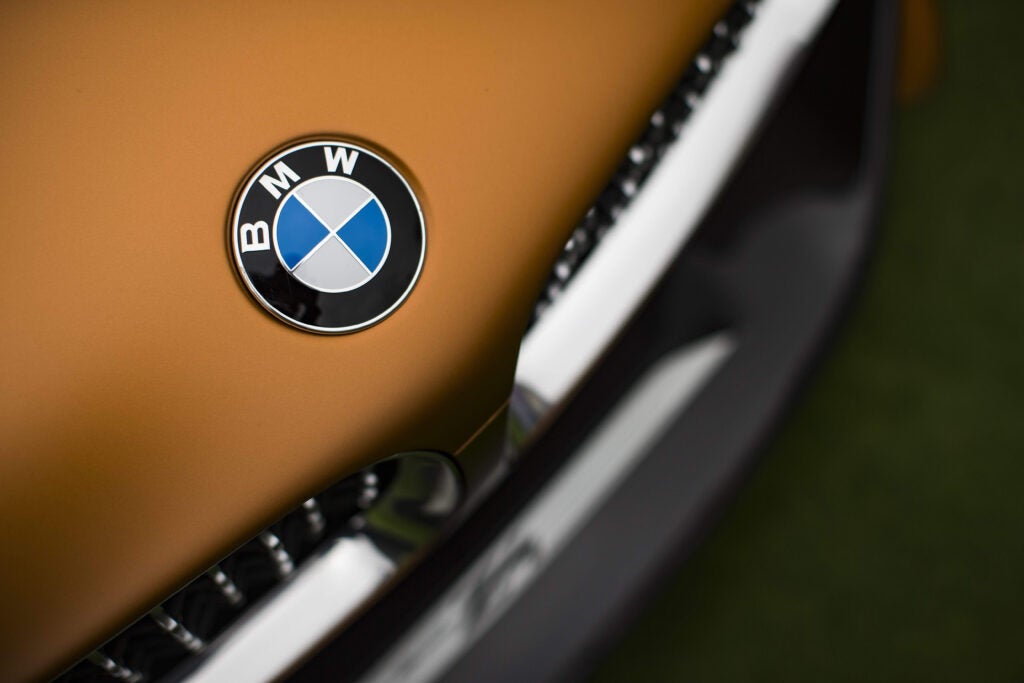
Russell Kelsall, financial services regulation partner at TLT reports on a recent controversial motor finance case in the Court of Appeal that has left room for uncertainty
The Court of Appeal recently considered in Hughes v Pendragon Sabre Limited t/a Porsche Centre Bolton [2016] EWCA Civ 18 the status of a motor dealer’s order form, which the customer signed but where the price and specification were not agreed. They considered whether it created a contract meaning the dealer had to sell the vehicle to the customer.
Mr Hughes wanted to buy a limited edition Porsche 911 GT3 RS4 and spoke to a dealer, Pendragon. After discussions, he visited the dealer and paid a deposit of £10,000. He was assured that he would be "first in the queue" for the vehicle. He signed the dealer’s standard ‘vehicle order form’ that stated that he agreed to "purchase" the car "subject to the Terms and Conditions". The form included the words "subject to price and spec[ification]". The order form stated Mr Hughes agreed to pay the deposit, with the balance to pay later. The form also said Mr Hughes should sign it "only if you wish to be legally bound by them".
But the dealer did not sell the first Porsche 911 GT3 RS4 it acquired to Mr Hughes and, instead, sold it to someone else. Mr Hughes issued proceedings for damages for breach of the dealer’s agreement to sell the first Porsche 911 GT3 RS4 to him.
After hearing submissions, the Court decided that:
- The order form clearly created a contract between the parties and had "all the hallmarks of what one would expect with an agreement to sell a motor vehicle";
- The use of the phrase ‘subject to price and spec’ did not mean the order form was an ‘agreement to agree’;
- The Sale of Goods Act 1979, and the order form’s terms, provided a mechanism for deciding the specification, price and date of delivery;
- There was a collateral (or additional) contract, which meant Mr Hughes would get the first vehicle Porsche delivered to the dealer;
- Mr Hughes was entitled to the difference between the vehicle’s contract price and what Mr Hughes would have to pay for the nearest equivalent vehicle;
- The contract price under the terms was the vehicle’s basic list price (which was around £135,000 including extras) and, while the evidence on an equivalent vehicle was "deficient", the likely cost of an equivalent vehicle would be £170,000. Mr Hughes was therefore awarded £35,000.
While the Court’s decision seems right on the facts, the approach on damages is perhaps surprising. There was very little evidence on what Mr Hughes would have paid and how much it would cost him to buy an equivalent vehicle. However, even putting aside these important points, this decision raises some practical issues for motor finance providers. The broad position is that a prospective customer can decide not to enter into a finance agreement at any time before it is signed by both the finance company and the customer.
How well do you really know your competitors?
Access the most comprehensive Company Profiles on the market, powered by GlobalData. Save hours of research. Gain competitive edge.

Thank you!
Your download email will arrive shortly
Not ready to buy yet? Download a free sample
We are confident about the unique quality of our Company Profiles. However, we want you to make the most beneficial decision for your business, so we offer a free sample that you can download by submitting the below form
By GlobalDataBut by this time it’s likely that a customer will have:
- Signed an order form, which probably envisages a sale of the vehicle to a prospective finance company; and
- Paid a deposit.
The legal status of such an order has always been uncertain. It’s certainly arguable (before Hughes) that there’s no contract, meaning if the customer changed his mind before entering into the finance agreement, he could probably recover his deposit and have no obligation to buy the vehicle.
However, following Hughes, it seems possible a dealer could argue it had a contract with the customer and, instead of selling the vehicle to the finance company it is now required to sell the vehicle to the customer, who must find the money to buy it elsewhere.
If this is right, the customer will effectively be locked in at the point of paying a deposit, which may be some time before the finance agreement is signed. It would be surprising if a Court, faced with those facts, decided that the customer must suffer the consequences of signing a dealer’s standard order form. It seems a customer who thinks he now has no option but to enter into the finance agreement could argue (once he has entered into the finance agreement) his relationship with the lender is unfair under the unfair relationship provisions in the Consumer Credit Act 1974.
This kind of argument was successful, in a very different factual setting, in Wilson v Link Financial Limited [2014] EWHC 252 (Ch) where unfairness in a related agreement (in a technical sense) meant no further payments were required from the borrower.
It could therefore be time to re-look at those pre-contractual documents dealers use when taking deposits for customers wanting finance.







